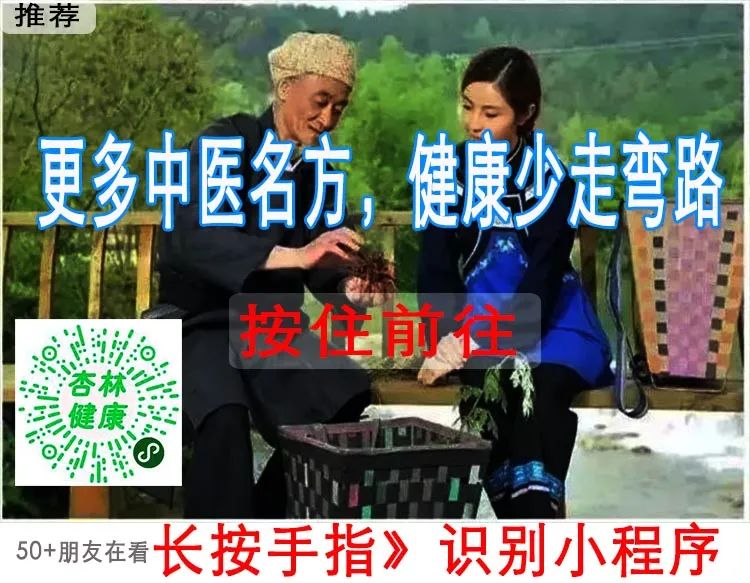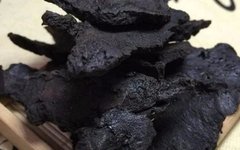————————————————————————————————————————————————————————————————–
Shudi Huang (熟地黄) is a type of Chinese herbal medicine derived from the root of Rehmannia glutinosa, processed from Sheng Di Huang (生地黄). Although its components are similar to Sheng Di Huang, its effects in nourishing Yin and replenishing blood are more pronounced. Shudi Huang has many benefits, which I will share with you, along with its common usages.
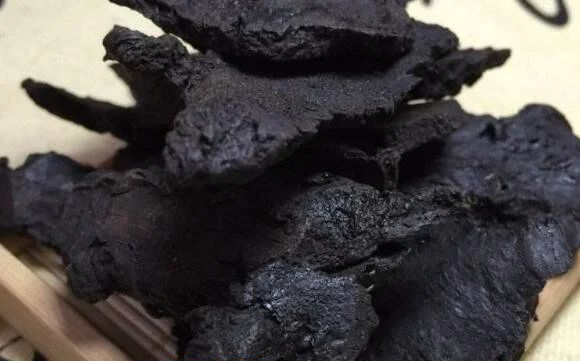
Effects and Functions of Shudi Huang
1. Medicinal Effects
Shudi Huang is a sweet and slightly warm herb that enters the Liver (肝) and Kidney (肾) meridians. Its primary functions include nourishing Yin, replenishing blood, and benefiting essence and marrow. Clinically, it is used to treat conditions such as Liver and Kidney Yin deficiency, lower back and knee weakness, night sweats, and seminal emission. Additionally, for women experiencing menstrual irregularities, excessive bleeding, or premature graying of hair, consuming Shudi Huang can significantly aid in recovery.
2. Dietary Benefits
Regular consumption of Shudi Huang allows for the absorption of rich nutrients such as stigmasterol, sitosterol, rehmannin, alkaloids, and glucose, which are beneficial for human health. These components can protect cardiovascular health, regulate immune function, enhance antioxidant capacity, delay aging, and improve overall physical quality.
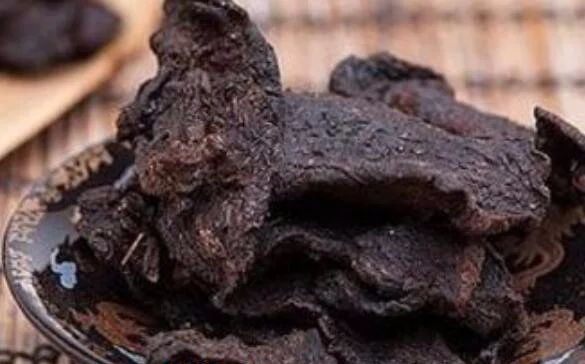
Common Uses of Shudi Huang
1. Preventive Treatment for Nervous Weakness
Shudi Huang can help regulate the nervous system and prevent or alleviate nervous weakness. When needed, it can be stewed with beef. First, decoct Shudi Huang in water to extract a concentrated essence, then wash and cut the beef into pieces, adding it to the decoction to cook thoroughly. Before serving, season to taste.
2. Nourishing Yin, Replenishing Blood, and Strengthening Kidney Yang
Shudi Huang nourishes Yin and blood and strengthens Kidney Yang. To maximize these effects, it is best to combine Shudi Huang with other herbs to make a medicinal wine. Herbs such as Dang Gui (当归), Bai Shao (白芍), Huang Qi (黄芪), and Chuan Xiong (川芎) are excellent companions for Shudi Huang in this preparation. Place all herbs in a clean cloth bag, tie it securely, and soak it in liquor.
Shudi Huang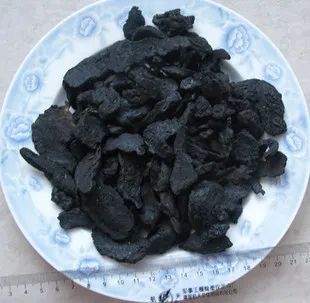
Source: Processed from the root of Rehmannia glutinosa, a member of the Scrophulariaceae family.
Taste and Properties: Sweet, slightly warm.
Functions: Nourishes blood, nourishes Yin, replenishes essence and marrow.
Dosage: Internal use: Decoction, 10-30 grams. It is advisable to combine with spleen and stomach tonics such as Chen Pi (陈皮) and Sha Ren (砂仁).
Shudi Huang charred is used for stopping bleeding.
Treatment for Cancer: Shudi Huang is a primary herb for nourishing blood, nourishing Yin, and replenishing essence and marrow. (According to “Zhen Zhu Nang”) it states: “Mainly supplements blood and Qi, nourishes Kidney water, and benefits true Yin.” (According to “Ben Cao Gang Mu”) it states: “Fills the bone marrow, promotes muscle growth, generates essence and blood, replenishes the internal injuries of the five organs, opens the blood vessels, benefits the ears and eyes, and nourishes hair.” It is commonly used clinically for lung cancer, esophageal cancer, gastric cancer, multiple myeloma, acute non-lymphocytic leukemia, brain tumors, particularly in cases of Liver and Kidney Yin deficiency.
Treatment for Lung Cancer
Sheng Di Huang (生地黄) and Shudi Huang, each 15 grams; Tian Dong (天冬), Mai Dong (麦冬), and Xuan Shen (玄参), each 12 grams; Huang Qi (黄芪) and Dang Shen (党参), each 20 grams; Lou Lu (漏芦), Tu Fu Ling (土茯苓), Yu Xing Cao (鱼腥草), and Sheng Ma (升麻), each 30 grams. Decoction for oral use, one dose per day (Shanghai Municipal Hospital of Traditional Chinese Medicine formula).
Treatment for Esophageal Cancer
Shudi Huang 50 grams, ground cinnamon 5 grams, Ma Huang (麻黄) 2.5 grams, Lu Jiao Jiao (鹿角胶) (melted 15 grams), Bai Jie Zi (白芥子) 10 grams, ginger carbonized 2.5 grams, Sheng Gan Cao (生甘草) 5 grams. Decoction for oral use, one dose per day. (According to “Anti-Cancer Recipes”)
Treatment for Gastric Cancer
Shudi Huang, Dan Shen (丹参), Gou Qi Zi (枸杞子), and Zhi He Shou Wu (制何首乌), each 15 grams; Dang Shen, Huang Qi, and Fu Ling (茯苓), each 12 grams; Bai Zhu (白术), Huai Shan Yao (怀山药), Lu Jiao (鹿角) (decoct separately), Dang Gui, Bai Shao, each 9 grams; Zhi Gan Cao (炙甘草) 3 grams. Decoction for oral use, one dose per day. (According to “Anti-Cancer Plant Medicines and Their Recipes”)
Treatment for Multiple Myeloma
Sheng Di Huang and Shudi Huang, each 15 grams; Shan Yao (山药) and Yun Fu Ling (云茯苓), each 12 grams; Nu Zhen Zi (女贞子) and Tu Si Zi (菟丝子), each 30 grams; Mu Dan Pi (牡丹皮), Chi Shao (赤芍), and Bai Shao, each 12 grams; Yan Hu Suo (延胡索) 9 grams; Bai Lian (白蔹) 30 grams; E Zhu (莪术) 15 grams; Pu Gong Ying (蒲公英) 30 grams; Ji Xue Teng (鸡血藤) 15 grams; Zhi Gan Cao 9 grams. Decoction for oral use, one dose per day. [According to “Chinese Journal of Integrated Traditional and Western Medicine”] 1986, 6(9): 552
Treatment for Acute Non-Lymphocytic Leukemia
Shudi Huang, Fu Ling, Huang Qi, Bai Hua She She Cao (白花蛇舌草), Long Kui (龙葵), Shan Dou Gen (山豆根), and Ruan Zi Cao (软紫草), each 30 grams; Shan Yao 15 grams; Shan Zhu Yu (山茱萸), Rou Cong Rong (肉苁蓉), Ba Jiao Tian (巴戟天), Bu Gu Zhi (补骨脂), and Ren Shen (人参) (decoct separately for oral use) (or Dang Shen), Mai Dong, and Wu Wei Zi (五味子), each 10 grams; Dang Gui 6 grams. Decoction for oral use, one dose per day. [According to “Chinese Journal of Integrated Traditional and Western Medicine”] 1985, 5(9): 542
Treatment for Malignant Lymphoma
Shudi Huang 30 grams, ground cinnamon and Zhi Gan Cao, each 3 grams; Ma Huang and Pao Jiang (炮姜), each 1.5 grams; Lu Jiao Jiao (陈酒炖化冲服) and Ban Xia (半夏), each 9 grams; Bai Jie Zi (炒研) 5 grams; Chen Pi 6 grams. Decoction for oral use, one dose per day. [According to “Shanghai Journal of Traditional Chinese Medicine”] 1984(9): 7
Treatment for Brain Tumors
1. Sheng Di Huang and Shudi Huang, each 10 grams; Shan Zhu Yu 15 grams; Shan Yao, Ze Xie (泽泻), Yun Fu Ling, Ju Hua (菊花), Huai Niu Xi (怀牛膝), and Gou Teng (后下), each 10 grams; Bai Shao and Xuan Shen, each 15 grams; Sheng Mu Li (生牡蛎) (first decoct) 30 grams; Gou Qi Zi 12 grams; Sheng Gui Ban (生龟板) (first decoct) 20 grams; Nu Zhen Zi 15 grams; Sheng Dai Zhe Shi (生代赭石) 20 grams. Decoction for oral use, one dose per day. (According to “Traditional Chinese Medicine Oncology”)
2. Shudi Huang, Xue Jie (血竭), and Zhen Zhu Mu (珍珠母) (first decoct each 20 grams), Chi Shao, Bai Shao, and Dang Gui, each 15 grams; San Leng (三棱) and Yi Zhi (義术), each 12 grams; Tao Ren (桃仁) 10 grams; Shi Chang Pu (石菖蒲) 5 grams; Chuan Xiong 3 grams; She Xiang (麝香) (taken separately) 0.3 grams. Decoction for oral use, one dose per day. (According to “Anti-Cancer Plant Medicines and Their Recipes”)

Traditional remedies passed down from our ancestors are often simple yet practical!
If you find this useful, save it and share it with your friends; it can truly help everyone!
Disclaimer: This article is a reprint from the internet and published materials. If there is any infringement, please contact us for removal. The various prescriptions and formulas mentioned are for informational sharing only and should not be considered medical advice, recommendations, or guidance. Please use them under the guidance of a physician.
